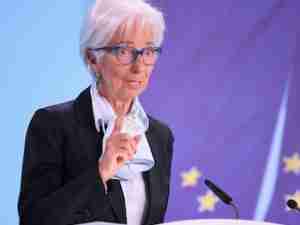Thailand’s economy grew faster in the second quarter than economists expected, bolstered by exports, consumer spending and investment.
Thailand’s recovery is continuing on the back of solid trade gains and tourism receipts, though the pace of economic expansion continues to trail behind neighbors in developing Southeast Asia. One key risk is the trade tension between the U.S. and China, which threatens to disrupt regional supply chains but could also prompt some firms to shift production to places like Thailand.
There’s been limited impact on Southeast Asia’s second-largest economy so far from the tilt toward protectionism, the social development board’s Secretary General Thosaporn Sirisumphand said in a briefing in Bangkok.
“Thailand may have more opportunities to send products to the U.S. and China,” he said.
Another challenge stems from a tragedy in July, when more than 40 Chinese tourists died after a tour boat sank off the coast of Phuket. That may temporarily dent the years-long climb in arrivals from China, which stoked the Thai tourism boom.
Thosaporn lowered the 2018 projection for revenue from foreign tourists to 2.15 trillion baht ($65 billion) from 2.23 trillion baht, partly because of the fallout from the sinking but also because the FIFA World Cup kept some travelers away.
Growth in private consumption accelerated to 4.5 percent in the second quarter, while investment also picked up, according to the NESDB. Goods exports surged 7.4 percent, up from 4.7 percent expansion in the previous three months.
The Bank of Thailand is watching the GDP figures closely to determine how soon it can follow counterparts in Southeast Asia in raising interest rates.
Don Nakornthab, the senior director in charge of the economic and policy department at the Bank of Thailand, said last month that growth of 4.5 percent or more in the second quarter could boost the odds of a rate increase.
At the same time, subdued inflation and strong currency buffers have enabled policy makers to hold off on tightening this year.
The monetary authority could raise borrowing costs for the first time since 2011 as early as September, Tim Leelahaphan an economist at Standard Chartered Bank in Bangkok, said in a Bloomberg Television interview. Nomura Holdings Inc., meanwhile, reiterated its outlook for the policy rate to remain unchanged at 1.5 percent.




